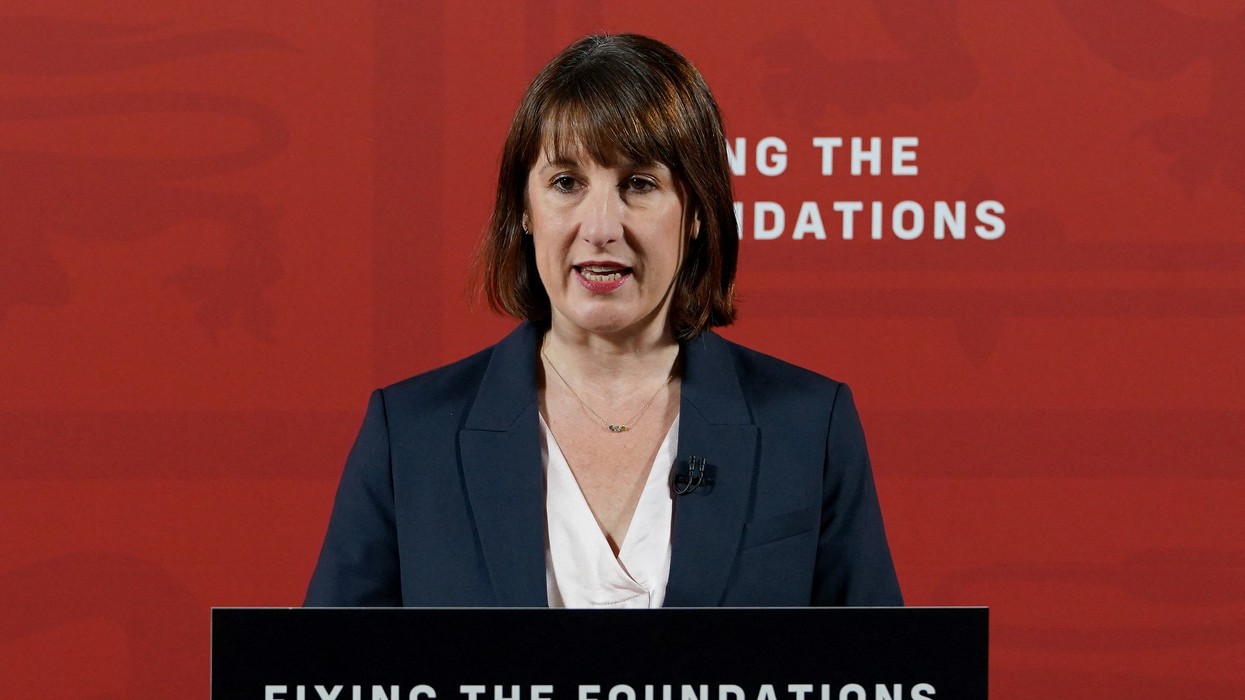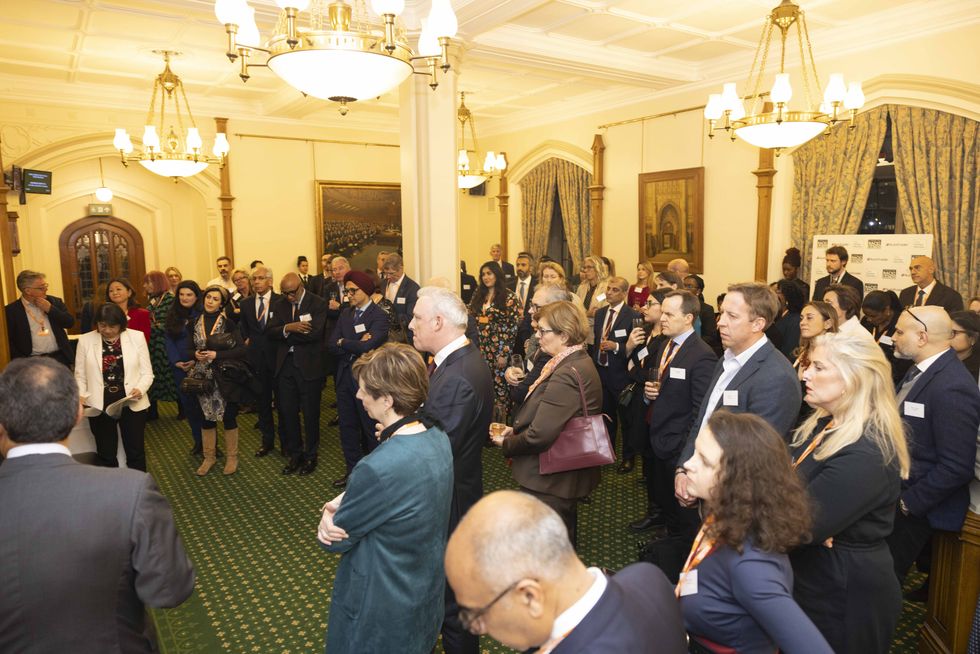AN INDIAN-ORIGIN teenager, specialising in Bharatanatyam, won the title at BBC Young Dancer 2022.
Adhya Shastry, from Reading, said her win in the talent show was the beginning of her journey in the creative world where she likes to explore “endless possibilities”.
Ten dancers, aged 17-24 years, vied for the title at Roundhouse in London and the finale was aired on BBC Two on Saturday (7).
The dancers performed their solos and premiered new duets and trios choreographed by Kristina and Sadé Alleyne, Gianna Gi, Dickson Mbi, and Seeta Patel.
Shastry started performing Bharatanatyam, a classical Indian dance style, when she was nine years old at the performing arts group Kalakunj in Reading.
She has also trained in contemporary and ballet since 2019 at The Place CAT (Centre for Advanced Training) scheme, attended the Yuva Gati CAT scheme in 2016, and is a member of the 2021-22 National Youth Dance Company.
Shastry, who is currently studying A level chemistry, maths and art, aims to work with a range of artists and create her own work.
“I have learnt so much from Emma Gladstone (BBC Young Dancer artistic director) and the choreographers and mentors, and I now have a better understanding of who I am, what I stand for and how I like to dance,” she said after she won the top honours.
“I now want to be more involved and immersed in the creative world – I feel like it’s only just the beginning and there are endless possibilities and things I want to learn and do. Also, through this experience, I have met the most incredible dancers who have become friends and have inspired and pushed me to be a better version of myself.”
The main prize was judged by an independent panel of leading figures, comprising Arthur Pita, Kate Prince, Subathra Subramaniam and Ryoichi Hirano.
Indian-origin girl wins BBC Young Dancer title




















 Lord Karan Bilimoria speaks during the event
Lord Karan Bilimoria speaks during the event
